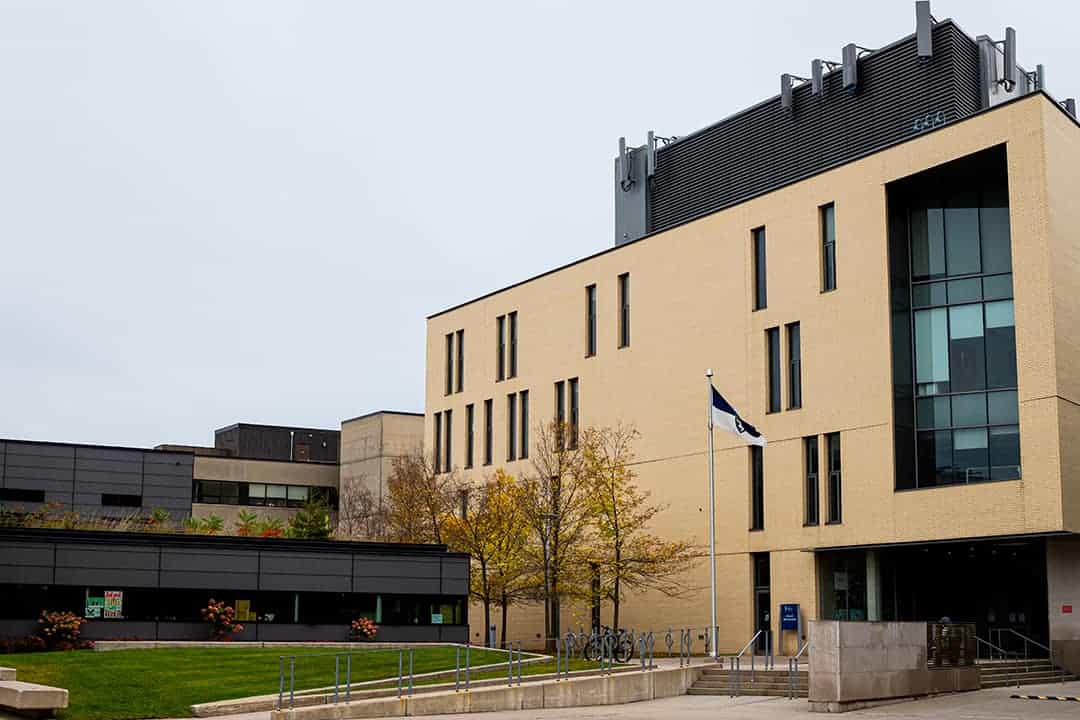The UTSC Academic Affairs Committee and Campus Affairs Committee gathered for the first time in the 2022–2023 academic year on September 12 and September 13, respectively. The committees discussed plans for the year, with presentations given on the campus budget and on upcoming and ongoing construction projects.
Rising academic appeals
Shelby Verboven — registrar and assistant dean strategic enrollment management — presented the 2021–2022 annual report of the Subcommittee on Academic Appeals (SAA) to the Academic Affairs Committee. The report revealed that, in the 2021–2022 academic year, the total number of academic petitions filed was 2,604. This figure represents an increase of 474 petitions from 2,130 in the 2020–2021 academic year.
While the Dean’s Advisory Committee’s (DAC) is responsible for overseeing all academic petitions that students file, the SAA is responsible for considering appeals against the DAC’s decisions.
According to the SAA, the increase in academic petitions was largely due to an increase in the number of deferred examination requests. The return to in-person exams in April, during the province’s sixth wave of the COVID-19 pandemic, left many students unable to write their exams because they had COVID-19 symptoms, tested positive for the virus, or were self-isolating.
Other examples of petitions included petitions to submit final exams late due to technical difficulties, to withdraw from courses after the course drop deadline, or to submit term work late.
Only seven petitions made it to the DAC in the 2021–2022 academic year, two of which were passed on to the SAA. According to the SAA, these statistics show that, while there was an increase in the number of petitions, the DAC and SAA did not actually have to resolve all of them. The reason, as per the report, is that students are also referred to various services on campus to seek guidance on the appeals process.
Academic updates
In May, the UTSC Curriculum Working Circle presented its review of the UTSC curriculum to the Campus Council. The review outlined 56 recommendations for improvement, including expanding curricula to include more Indigenous and Black perspectives.
At the Academic Affairs Committee meeting, Vice-Principal, Academic and Dean William Gough announced that UTSC had accepted all 56 recommendations from the review and is in the process of articulating them.
Gough also announced that the administration is currently working on adding the option to pursue a major in many programs that are currently exclusively offered as minors. He explained that UTSC will soon offer majors in film studies, public law, and climate change.
Additionally, Gough mentioned that the UTSC administration is currently working on a course retake policy for students. Gough explained that they are adapting the course retake policy to “align [it] with changes that had taken place” at the Faculty of Arts and Science (FAS) and UTM. Currently, within the FAS, students are not allowed to retake courses in which they received at least a grade of 50 per cent, unless a minimum mark in a specific course is required for entry into a limited program or the registrar has approved their request to repeat a course for a specific reason. Gough explained that the administration is in the process of conducting discussions and consultations in order to inform its policy proposal.
Construction and budget reports
At the Campus Affairs Committee meeting, UTSC Chief Administrative Officer Andrew Arifuzzaman discussed how the administration is planning on developing campus grounds. Some of the construction projects included the construction of a new student residence, a second instruction centre, and an Indigenous House.
Additionally, according to the presentation, UTSC continues to plan out the Retail and Parking Commons, originally announced in January and set for completion in 2024.
Arifuzzaman also gave a presentation of UTSC’s operating budget for the 2022–2023 academic year.
For the 2022–2023 academic year, UTSC’s operating budget indicates a revenue of $416 million, with $221 million derived from international students’ fees and $58 million derived from domestic students’ fees.
Fall return to in-person
Greg Hum, director of housing and residence life, recapped orientation at UTSC and expanded on administrative challenges with regard to student housing.
Hum said that this year’s orientation was “the largest orientation that we’ve had in many years now.”
Nadia Rosemond — assistant dean, cocurricular programs and student leadership — shared that the Scarborough Campus Students’ Union was able to welcome over 600 students at its orientation and that UTSC’s Welcome Day for upper-year students saw a “record breaking participation,” with approximately 1500–2000 students in attendance.
Hum also explained that the campus has experienced a student housing shortage this year: “After nearly three years of being online, students, more than ever, want to be on campus. And that’s created a housing shortage for students. It’s combined with higher than anticipated enrolment.”
Hum confirmed that roughly 870 students currently reside in residence, yet UTSC approved too many students for residence and so have placed 18 students in off-campus accommodations. Accordingly, the campus has sought off-site housing for students who could not be accommodated on campus.
The new residence building will accommodate an additional 750 students, almost doubling the number of students able to live in residence. The project was prompted by an increase in the number of students in Ontario high schools, many of whom may attend UTSC.
The Campus Affairs Committee and Academic Affairs Committee will meet next on October 17 and October 20, respectively.


